Sisters Khvoshchinskie
Known as the Russian Brontës — Nadezhda (1821-1889), Sofia (1824-1865), and Praskovia Khvoshchinskaya (1828-1916) — were three literary sisters who made an immense contribution to the Russian literary tradition. Nadezhda began her career with over one hundred poems before turning to fiction to support her parents, sisters, and aunts, with over a dozen novels, thirty-six tales and stories, not to mention fifty-four translations from five languages, and over two dozen articles and reviews. Sofia’s career was cut short by her early death, but she was a talented visual artist and also published twenty two works, including three novels, eight tales, seven sketches, a short story, a memoir, a review, and a biography of Alexander Radishchev that caused the censor to close down the journal that published it (a translation of John Stuart Mill’s On Liberty remained unpublished). The youngest, Praskovia, wrote six published tales in addition to a memoir account of her sister’ lives that offers unique insights into their otherwise veiled biographies. All three sisters’ works appeared in the major journals of their day.
Ironic liberal observers of provincial life from Ryazan, the Khvoshchinskayas depicted both the mores of the provincial gentry and the upper echelons of society in Russia’s capital cities. Like Tolstoy, Turgenev, and Dostoevsky, the Khvoshchinskayas were from the nobility and wrote about the great questions facing Russia and their class: serfdom, class relations, gender relations, the family, education, ethics, justice, government, and the role of the nobility who staffed the military and civil service and ran Russia’s empire. Although their narrators are often male, their novels offer a penetrating look at the struggles faced by women and men navigating the constraints of an oppressive patriarchal system and of genteel poverty.
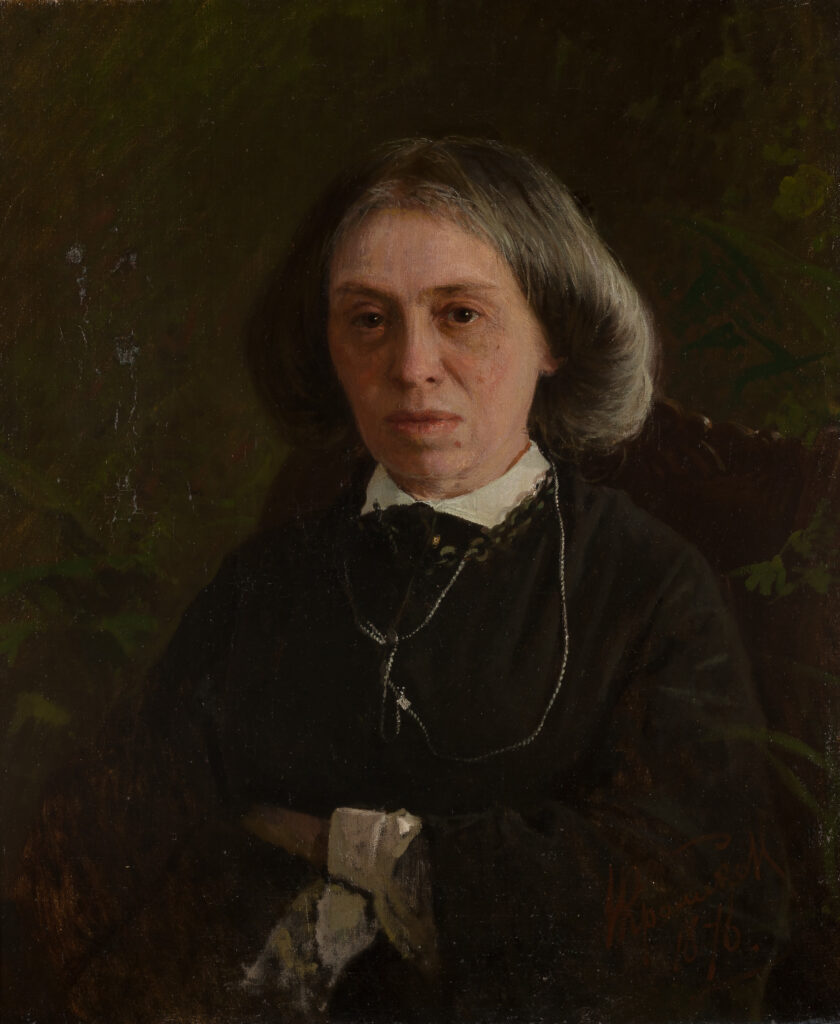
Navigation
At this moment, there are 197 items in the collection. The digital collection exists in two versions: the Russian version and the transliterated one. Currently, there are several sections on the website:
– a digital library of the website that contains a database of downloadable PDF versions of original texts. You can filter the items by category (About poet, Drama, Poetry, Prose, Translation), year, author, and publisher. For now, only one filter can be used at a time. A user can also look for a publication by a string or a substring (e.g., “дет” or “detstvo”), both in Russian and transliteration. It is important to keep in mind that the titles are transliterated according to ALA-LC standards.
Another consideration is that the search is not a “full-text” one: a user can search only for the titles of the works, but not for the content (since it exists in an unrecognized PDF format). Finally, the search is sensitive to symbols and does not recognize word forms. In other words, if a user’s query looks like “бала,” while the corpus contains just “бал,” it will not be found. There is another search bar in the top right corner that allows searching over the whole website, but it is also symbol sensitive.
– a chronologically arranged list of Khvoshchinskie’s works, published during their lifetime and posthumously. On this page, a user can check whether the text exists in the website database or not. There are three types of status:
- Uploaded – the text is uploaded to the database and a user can find it by clicking a link;
- External link – the text can be found on a remote website, the link is also provided;
- Not uploaded – the text has not been uploaded yet.
Besides, a bibliography of secondary sources on Nadezhda Khvoshchinskaia is available through the project XIX vek.
Team
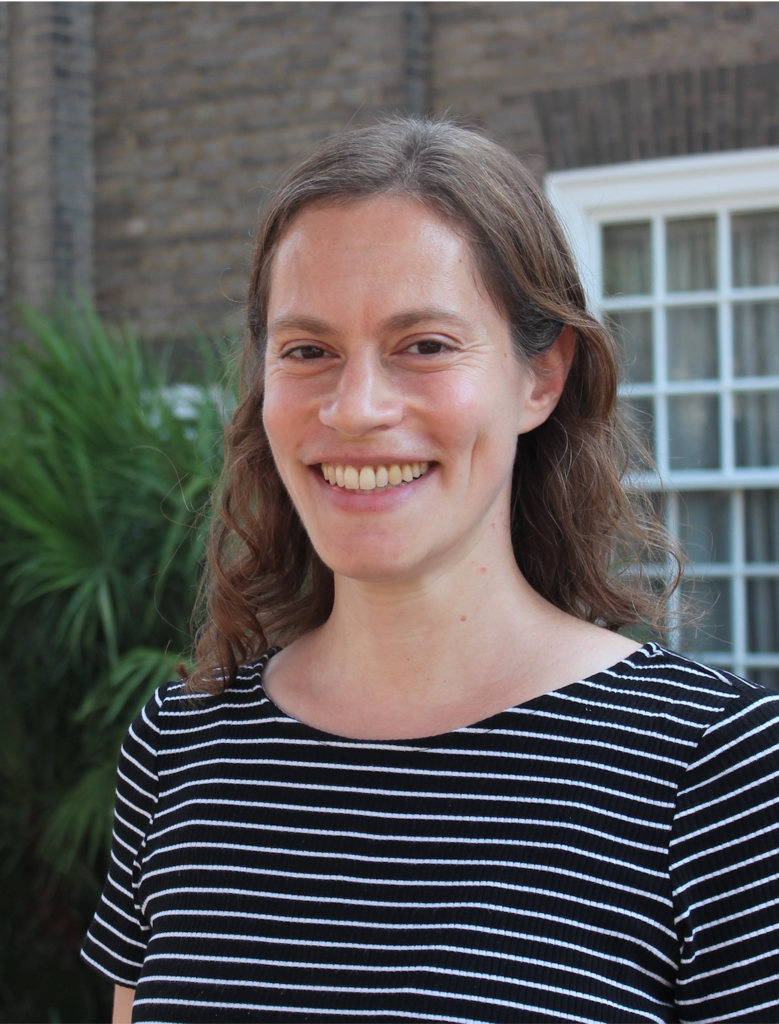
Anna A. Berman is Assistant Professor in the Slavonic section of the Faculty of Modern and Medieval Languages and Linguistics at the University of Cambridge and a Fellow of Clare College. She is the author of The Family Novel in Russia and England, 1800-1880 (Oxford UP, 2022) and Siblings in Tolstoy and Dostoevsky: The Path to Universal Brotherhood (Northwestern UP, 2015), and editor of Tolstoy in Context (Cambridge UP, 2022). Her articles have appeared in Comparative Literature, Slavic and East European Journal, Russian Review, Victorian Review, Tolstoy Studies Journal, Dostoevsky Studies, Cambridge Opera Journal, as well as in edited volumes.
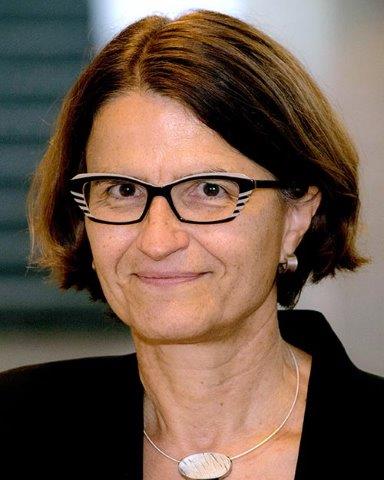
Hilde Hoogenboom is Associate Professor of Russian in the School of International Letters and Cultures at Arizona State University. An expert on Catherine the Great, she co-translated her memoirs from French (Modern Library, Penguin Random House, 2005). They have sold 16,000 copies and have been translated into Finnish. She introduced the recent prize-winning translation of Sofia Khvoshchinskaya’s comic novel City Folk and Country Folk (Russian Library, Columbia UP, 2017). Her forthcoming book Noble Sentiment and the Rise of Russian Novels (University of Toronto), includes a chapter on Nadezhda Khvoshchinskaya’s novels, and is supported by fellowships from the National Humanities Center and Social Sciences Research Council. She co-edited archival letters by the three Khvoshchinskaya sisters (Verlag F.K. Göpfert, 2001), supported by a British Academy grant, and a collection on gender in Russian literature (Slavica, 2008). Her essays on Russian women writers have appeared in Kritika, Slavic Review, and Comparative Literature Studies, and as well as many edited volumes. She has two articles on gender forthcoming in two Oxford Handbooks – of the Russian Novel, and of Global Realisms.
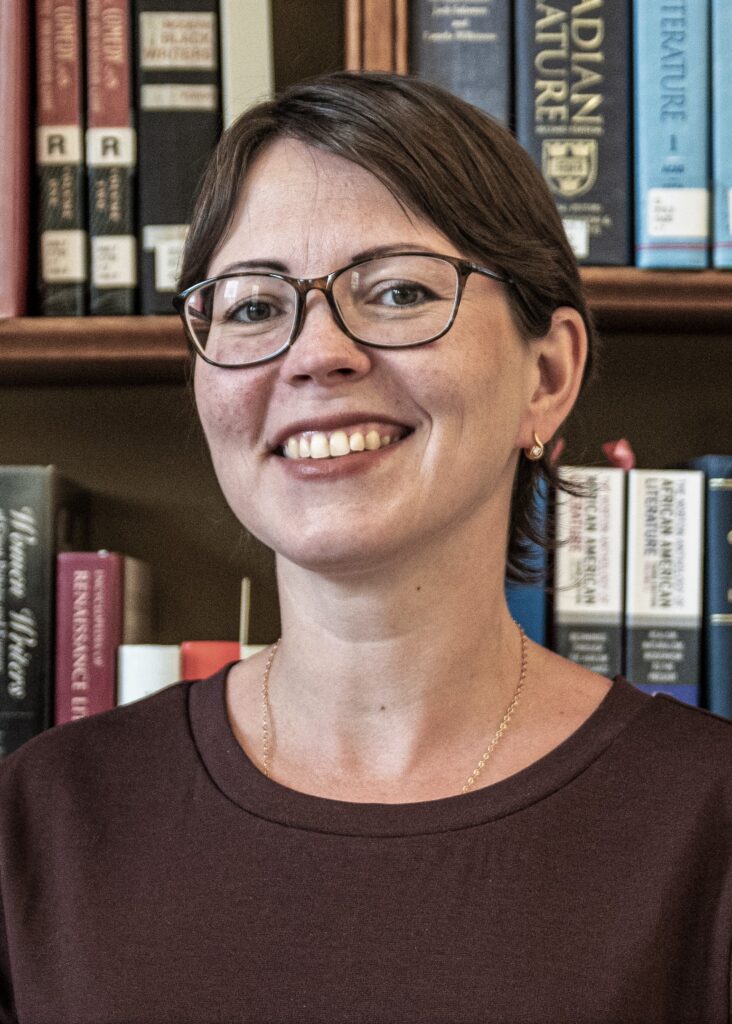
Olga Makarova is a reference librarian and research specialist with the Slavic Reference Service at the University of Illinois Urbana-Champaign. Olga’s research interests include US-Soviet library relations, women’s studies, digital curation, and information literacy.
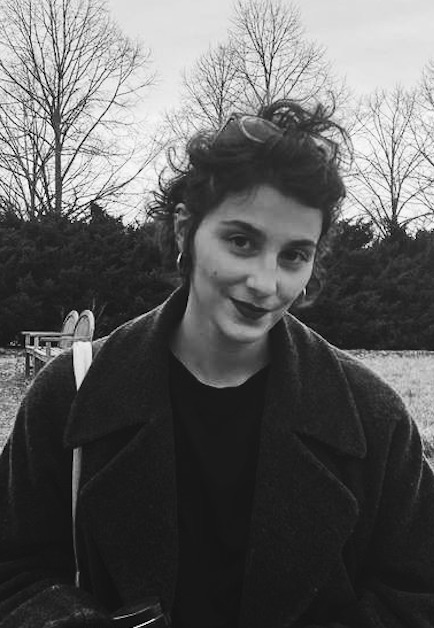
Liza Senatorova is a UIUC alumna (2023) and current Ph.D. student in the Department of Slavic Languages and Literatures at Columbia University. Her areas of interest are literature of emigration, sociology of literature, film studies, and digital humanities.
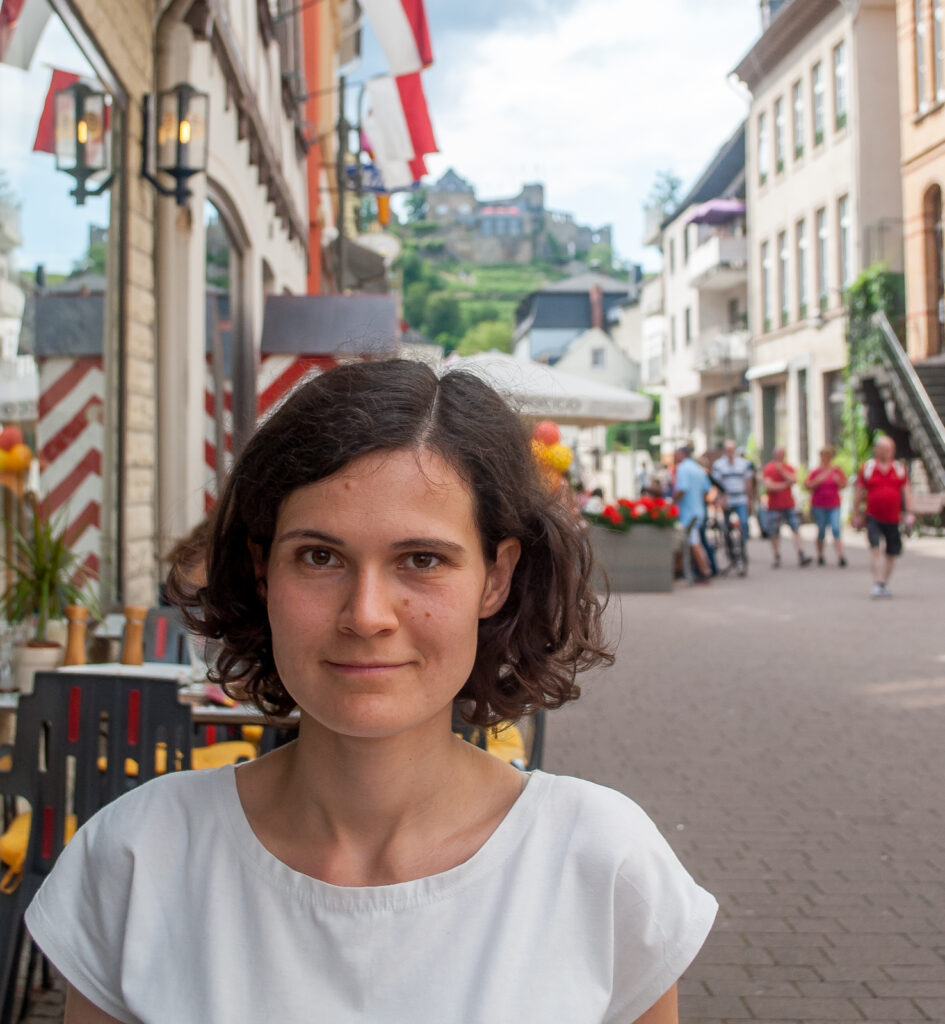
Daria Semenova is a graduate student at the Department of Slavic Languages and Literatures at the University of Illinois Urbana-Champaign.
Acknowledgments
We would like to express special gratitude to the University of Cambridge and the University of Illinois.